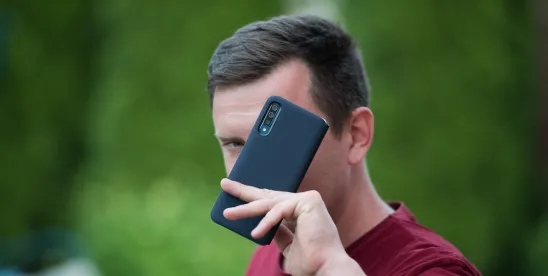We have previously written about decisions that dismissed TCPA claims because plaintiffs could not allege or prove facts establishing that the party making the offending calls was acting as an agent for the named defendant. The Northern District of Illinois recently applied these principles to dismiss claims against a defendant for lack of personal jurisdiction.
In Bilek v. Federal Insurance Co. & Health Insurance Innovations, Inc., No. 19-cv-8389, 2020 WL 3960445 (July 13, 2020), the plaintiff allegedly received unsolicited calls to his cell phone playing prerecorded messages selling health insurance. After following the touch-prompts, the plaintiff allegedly learned that the offered insurance had been “facilitated” by defendant Health Insurance Innovations (“HII”). Although the calls had been made by an “unnamed third-party telemarketer,” HII allegedly “knowingly participated” in them by providing the telemarketers with health insurance quotes.
HII—a Delaware corporation with its principal place of business in Florida—moved to dismiss, arguing that the Northern District of Illinois lacked personal jurisdiction over it. Plaintiff did not attempt to argue that HII was subject to general jurisdiction in Illinois, and thus the only issue was whether there was specific jurisdiction arising from the calls at issue. HII argued that there was none because (i) it did not make any calls targeting Illinois and (ii) the telemarketers that had made the calls were not HII agents. The court agreed that there were no allegations that HII had targeted Illinois—for example, that it had contracted telemarketers to call Illinois specifically. Thus, jurisdiction turned on whether the plaintiff had pleaded facts establishing an agency relationship between the telemarketers and HII.
The court held that the complaint failed to plead the requisite control to establish actual authority. The only level of control the complaint pleaded was that HII provided telemarketers with a script. But there were no allegations that “HII controlled the timing of the calls, the quantity of the calls, to whom the calls [were] made, or any geographic location to target.”
Without actual authority, the district court next examined whether the allegations could establish apparent authority and concluded that they did not. In this regard, the plaintiff did not allege any acts by HII—the would-be principal—that would have allowed the plaintiff to reasonably believe that the telemarketer had been acting as its agent.
Finally, the court held that the allegations could not establish ratification either, as HII received no benefit from the calls to plaintiff. Plaintiff did not purchase any insurance and thus there could be no benefit that HII accepted as to plaintiff from the acts of the telemarketers. Having found no actual authority, apparent authority, or ratification, the court concluded the complaint failed to plead an agency relationship and it therefore lacked personal jurisdiction over HII.
This case is interesting because the district court took up the agency arguments in the context of personal jurisdiction. Had the court considered the arguments in the context of a Rule 12(b)(6) motion to dismiss, it would undoubtedly have come to the same conclusion. Indeed, the other defendant’s 12(b)(6) motion was granted due to the same failure to plead facts establishing agency. The case is a reminder that defendants can and should think outside the box and advance multiple attacks on pleadings.





 />i
/>i

